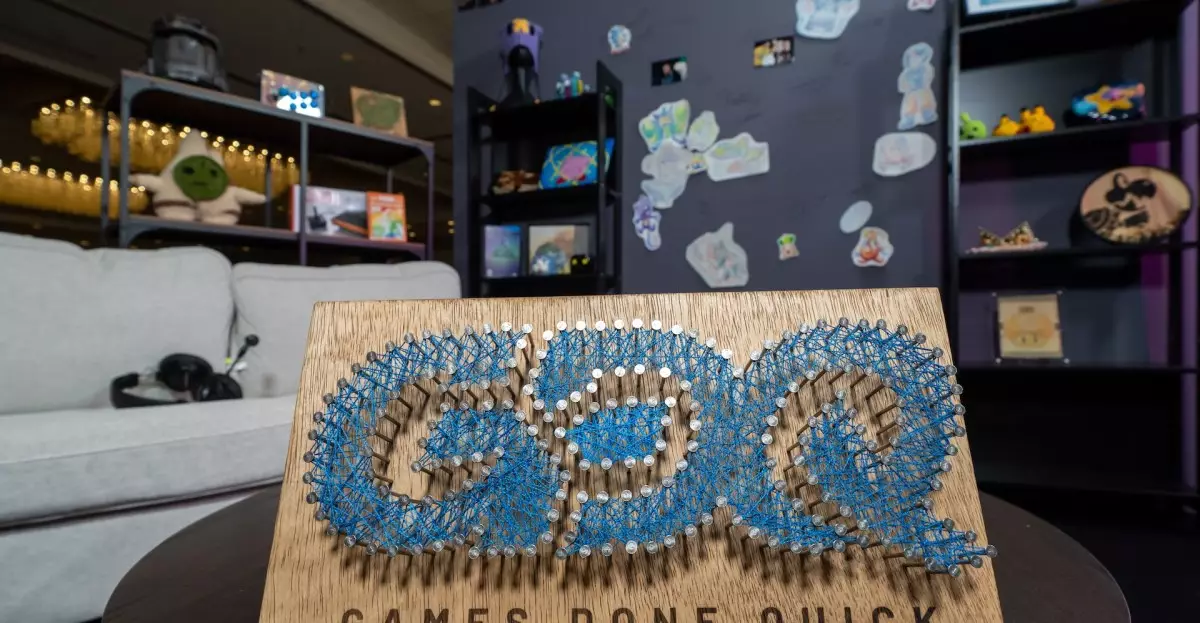The resurgence of the Summer Games Done Quick (SGDQ) event marks a powerful reminder of how gaming communities can leverage their passion for good. This annual marathon, dedicated to raising funds for Doctors Without Borders, exemplifies how the gaming culture transcends entertainment, transforming into a force for social impact. While some critics dismiss speedrunning as mere novelty or niche interest, SGDQ demonstrates its ability to galvanize thousands of viewers worldwide to contribute to vital humanitarian efforts. In an industry often criticized for consumerism and absurd trends, this event presents a compelling counter-narrative: gamers are capable of compassion, organization, and meaningful change.
Unlike traditional charity drives that rely solely on donations, SGDQ creates an engaging spectacle, blending adrenaline-pumping gameplay with altruism. The event’s format—live runs of popular and obscure video games—serves not only as entertainment but as a showcase of skill, dedication, and the shared love of gaming. It bridges gaps across demographics, forging a sense of community rooted in shared values and collective action. The fact that the proceeds go toward something as crucial as healthcare in underserved regions elevates this event beyond simple fandom and into a symbol of unity and benevolence.
The Cultural Significance in Turbulent Times
In an era marked by upheaval in the gaming industry—whether through controversial monetization, corporate mergers, or cultural clashes—the SGDQ stands out as a bastion of positivity. While industry news can often focus on toxicity, layoffs, or scandals, the marathon offers a refreshing reminder that gaming communities remain resilient and fundamentally kind. It’s a space where gamers from all walks of life come together, motivated not by competition but by a common goal: helping others through shared passion.
Furthermore, the event celebrates diversity within gaming culture. It highlights how marginalized gamers, indie developers, and quirky communities find voice and visibility during the marathon. By showcasing such varied gameplay, SGDQ champions inclusivity and reminds fans that behind every avatar and digital universe lies real people advocating for representation and acceptance. This creates fertile ground for broader conversations about the social responsibilities of game creators and the impact of gaming on community cohesion.
Gaming as a Catalyst for Hope and Connection
The excitement surrounding SGDQ is contagious because it taps into something profoundly human: the desire to connect, to contribute, and to believe in a better tomorrow. Watching skilled gamers push their limits while raising funds fuels hope and inspires viewers to see gaming as more than mere escapism. It’s a creative domain where skill, dedication, and empathy converge, demonstrating the potential for positive influence.
This event also underscores a simple yet powerful truth: gaming communities are capable of organizing around causes far greater than themselves. The online nature of the marathon enables participation from around the globe, dissolving geographical barriers and fostering a sense of global solidarity. As viewers donate, cheer, and tune in, they become part of a movement that affirms—despite all the noise—gaming remains a platform for good, community, and cultural resilience.
The SGDQ’s annual return isn’t just about celebrating speed and skill; it’s become a symbol of hope in turbulent times. It challenges stereotypes, inspires activism, and reminds everyone that within the vibrant, often quirky realm of gaming lies immense capacity for positive change.


Leave a Reply